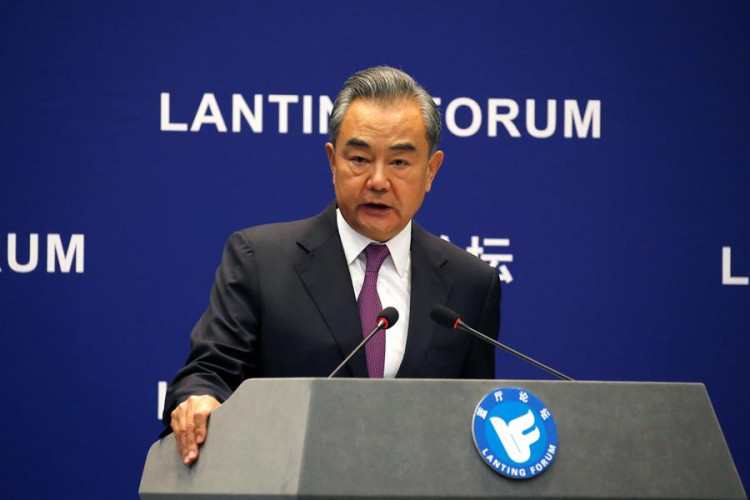The United States government has recently expressed its interest to increase the number of its allies on the American-led intelligence-sharing alliance "Five Eyes" in South Korea, which China hasn't taken lightly.
As a result, China plans to send Chinese Foreign Minister Wang Yi to South Korea next week. Many analysts see this planned visit as Beijing's attempt to increase its influence on South Korea to deter the United State's established position in the country.
In an official statement released by the foreign ministry, Wang will visit South Korea on Sept. 14 and 15 for talks with his South Korean counterpart Chung Eui-yong. There is also a possibility that Wang may also pay a visit to President Jae-In.
The foreign minister had his last visit to South Korea in November this year, and both of the countries' foreign ministers had their last in-person meeting in April in China's Xiamen.
China said that Wang's visit aims to improve cooperation between China and South Korea on future ventures that can help both of their economies. Next year will be a more special year for both countries as they will celebrate three decades years of diplomatic relations.
But even if Wang's visit is indeed for economic and relations purposes, many analysts believe that his upcoming visit aims for something deeper.
According to diplomatic analysts, Wang's visit is a clear sign of China's growing interest to increase its influence on South Korea and counter the Americans' role in the country.
Park Won-gon, a professor at Ewha Woman University's Department of North Korean Studies, has an interesting analysis of the situation.
She said that China is currently pressured to increase its influence on the global stage as the current U.S. administration has announced its plans to refocus its attention on competing with its main rivals, China and Russia.
This focus was highlighted when the U.S. finally withdrew its troops from Afghanistan, which was a clear signal that the U.S. is realigning its priorities. And Wang's planned visit to South Korea is a clear indication of China's desire to counter the U.S. influence as early as possible.






